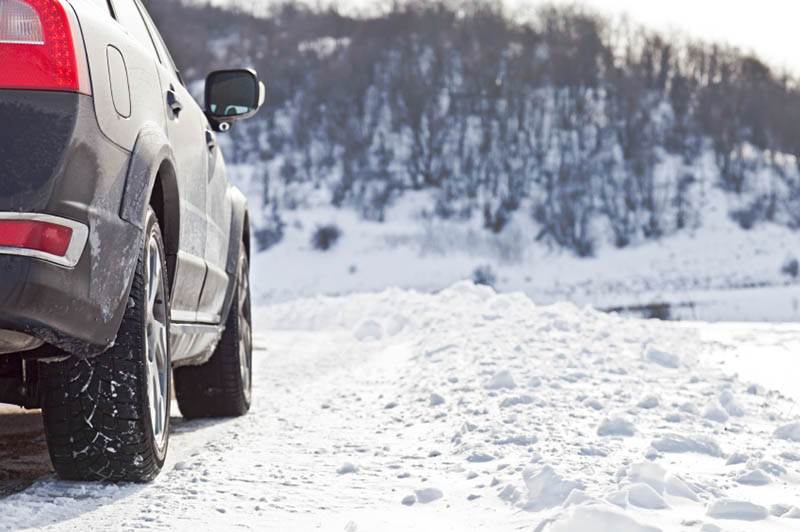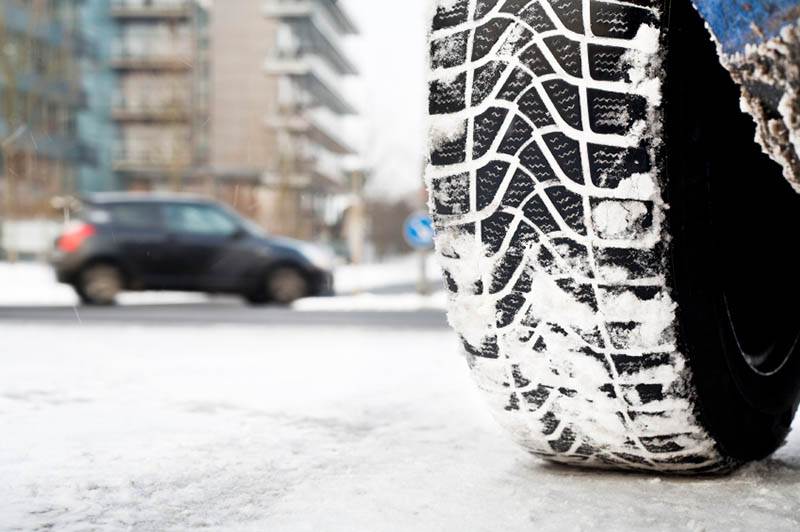
There’s this peculiar Canadian sport where men and women hurl heavy smooth bottomed rocks, called stones, down an icy lane while teammates very quickly and vigorously broom the ice, apparently to make the ice even more slippery, in front of the sliding stone.
The object is to land your team’s stone onto a bull’s-eye painted on the far side of the ice or to knock your opponent’s stone off of it. There’s a bit of strategy involved where you attempt to strategically place a stone in hopes of either preventing another of your stones from being pushed off the bull’s-eye, or to block your opponent’s path to the bull’s-eye. The sport is called curling and it’s all rather graceful to watch.
Curling is a big sport in Canada. That’s probably because ice is a big thing in Canada. They do ice very well in Canada.
Tennessee roads look a lot like curling when drivers are made to drive through an unexpected ice or snow storm. The bull’s-eyes are whatever’s in the way and the stones usually have a hefty payment book attached. Unlike Canadians, we don’t do ice very well in Tennessee, and fortunately, we don’t deal with snow and ice that much.
But we can take lesson on how Canadians choose tires for driving conditions, particularly when they are thinking between a set of winter tires versus a set of all-season tires. Here’s a short take of Canadian tire science to help you make the choice here in Tennessee.
Tread, Material, and Design Considerations for Seasonal Tires
Any true winter tire has an aggressive tread design, one with deep, interweaving grooves designed to punch through slush and snow and grab for all the traction it can. Really, really aggressive treads have embedded metal studs for chewing through packed snow and ice making them studded winter tires. Winter tires use material that’s designed to stay soft in cold temperatures allowing the rubber to ply easily giving the tire even more grip across various snow and ice covered surfaces.
All-weather tires borrow the aggressive tread design from true winter tires, but tone it down a bit. The tread design provides stability by pushing away water and slush from the contact surfaces. All-weather tires use a rubber material that’s designed to stay flexible in more moderate temperatures. The rubber provides excellent grip on snow, slush, as well as on bare concrete and asphalt.
A set of all-season tires uses a milder tread design that provides a quieter ride and offers low rolling-resistance during warmer temperatures. While all-season tires do a good job of channeling water away from the contact surfaces, winter snow and slush will clog the channels creating smooth tire surface that will not grip at the contact point. The material used for all-season tires is harder rubber designed to get a longer tread life, but at the cost of traction in colder temperatures.
Weather Related Road Conditions and Tire Types Usage

When winter temperatures hover around and above 44.5’F (7’C) typical road conditions in winter range from clear and dry roads to wet, and possibly light snow and slush covered roads. These milder conditions typically create hazards more due to wet road conditions rather than icy road conditions. Seldom snow covered, roads are generally passable and in good shape. All-weather tires definitely work in these conditions, and all-season tires are also a good choice.
When winter temperatures hover around and below 44.5’F (7’C) typical road conditions in winter range from hard packed snow, soft snow, and wet, rough, or black ice. These harsher conditions typically create hazards due to direct contact with ice and snow rather than the road surface. That means that you need a winter style tire for best traction and safety.
Summary of Weather Conditions and Tire Choice
- Harsh winter with plenty of snow, ice, and freezing weather – winter studded
- Harsh winter with plenty of snow – winter non-studded
- Mild winter with rain, quick melting snowfall, and slushy roads – all weather
- Warm, dry, mild wet winter conditions – all season
Make a Thoughtful Tire Choice for Whatever Weather Condition you Drive Through
Getting a good set of tires should always be a thoughtful choice regardless of driving conditions. That’s why you should consult with knowledgeable technicians about which set of tires is suited for any particular situation.
At Ford Lincoln of Franklin, we serve our customers with a broad range of knowledgeable services including tires. Come visit us today at 1129 Murfreesboro Road in Franklin if you’re thinking of which tires you should buy, or give us a call right now at (615) 800-6500 for more information. We’ll be glad to help you out.




